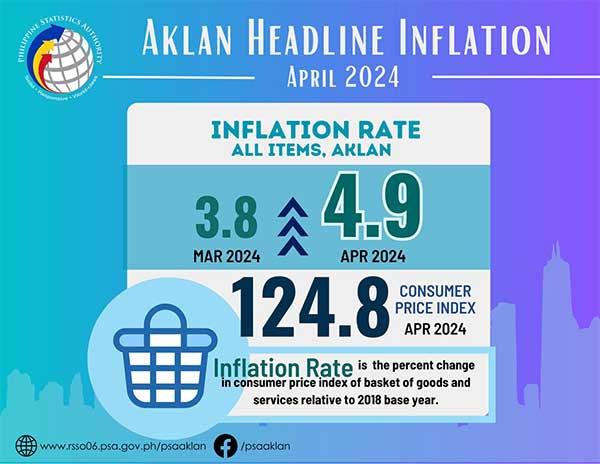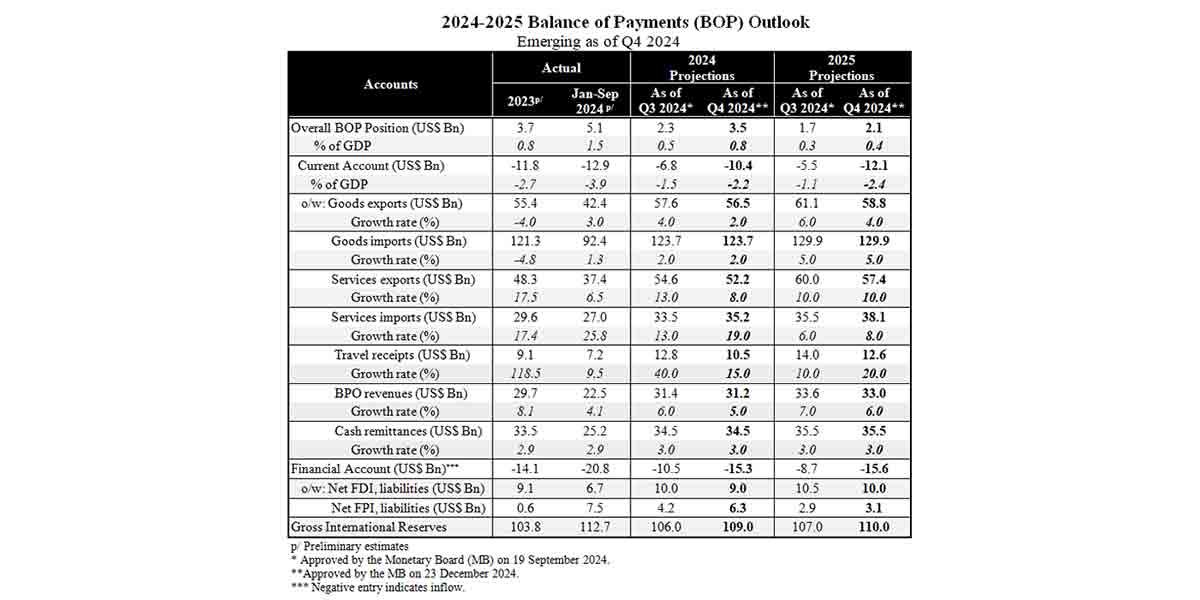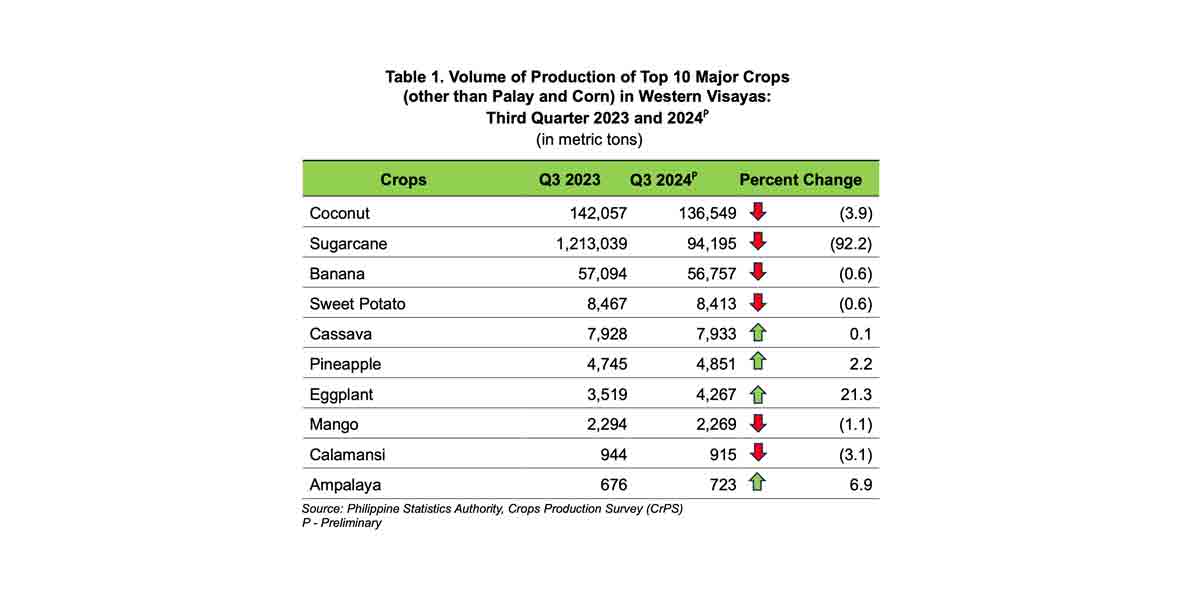
Aklan Province saw a notable spike in inflation, reaching 4.9% in April 2024, according to the latest economic report.
This is a significant increase from the 3.8% recorded in March 2024, though it remains lower than the 6.8% inflation reported in April 2023.
The surge in inflation is primarily attributed to rising prices of food and non-alcoholic beverages, which escalated to 10.1% this month from 6.6% in March 2024. Among these, rice prices soared from 28.7% last month to 35.5% in April 2024.
Price fluctuations were also observed across various food commodities. Fish and seafood prices rose from a -11.9% inflation in March 2024 to -6.4% in April 2024. Vegetables, tubers, plantains, cooking bananas, and pulses saw an increase to -3.4% inflation in April 2024 from -10.7% in March 2024.
Sugar, confectionery, and desserts experienced a decrease in inflation to 7.2%. Ready-made food and other food products saw an inflation rate of 2.3%, and oils and fats had a 0.5% inflation rate, all showing a more rapid increase this month compared to the previous month. Meanwhile, other food items either saw a slowdown in their rate of increase or maintained their inflation rate from the previous month.
Furnishings, household equipment, and routine household maintenance followed food and non-alcoholic beverages among major commodity groups. Inflation in this category rose to 0.4% during the reference month compared to -0.2% in the previous month. Restaurants and accommodation services ranked third, increasing to 7.1% inflation from 6.8% a month ago.
The Consumer Price Index (CPI), which reflects the overall change in a representative basket of goods and services since the base year 2018, rose from 119.0 in April 2023 to 124.8 in April 2024. This indicates a growing burden on consumers, who now need an additional Php248.00 to afford the same 1,000-peso worth of goods and services from 2018. Consequently, the purchasing power of the peso has decreased from 84 centavos in the previous year to 80 centavos in the current month.
These economic indicators have significant implications for decision-making processes for planners, financial markets, businesses, and consumers. Strategic responses will be necessary to mitigate the effects of inflation on various sectors of the economy.



















